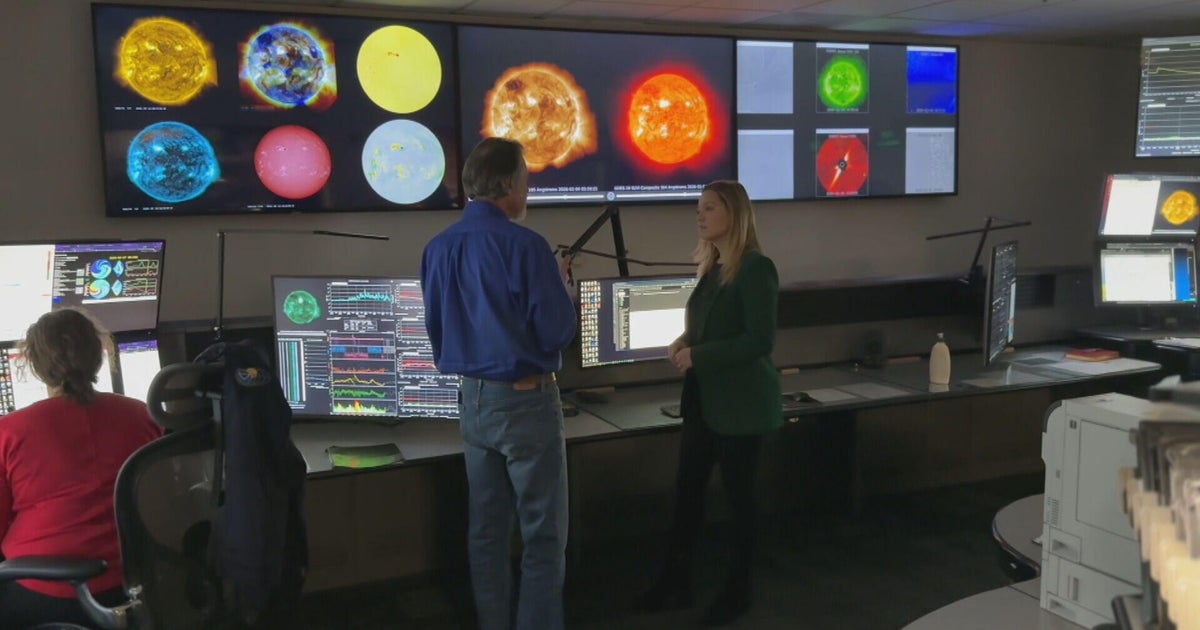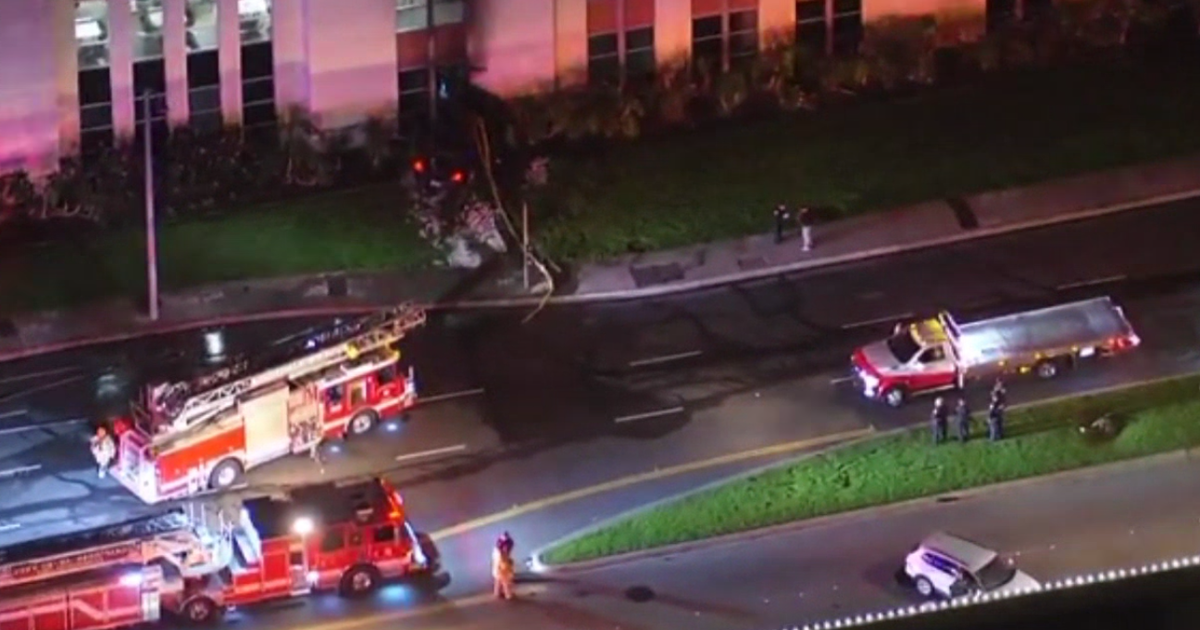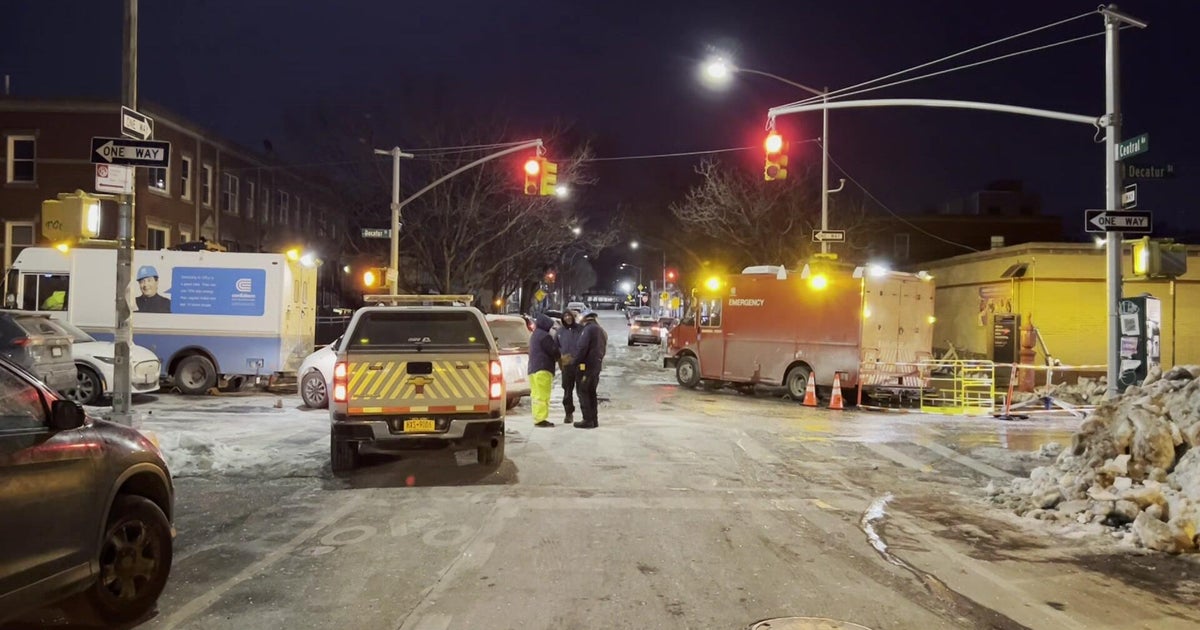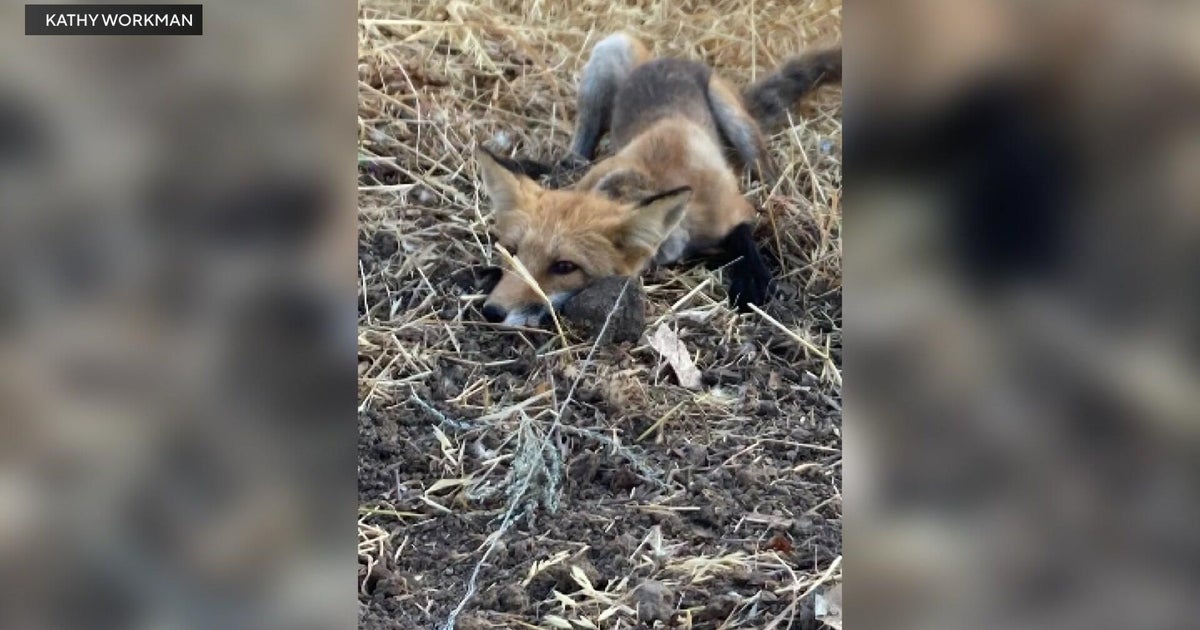Small Asteroid Hits Earth Hours After Being Spotted By Astronomers
AFRICA (CBS Local) - A small asteroid slammed into Earth's atmosphere on June 2 just a few hours after it was discovered racing toward the planet, according to NASA.
The cosmic boulder, named asteroid 2018 LA (and previously listed as ZLAF9B2), was estimated to be only about 6 feet across. It was first spotted by the Catalina Sky Survey in Arizona.
"The discovery of asteroid 2018 LA is only the third time that an asteroid has been discovered to be on an impact trajectory," said Paul Chodas, manager of NASA's Center for Near-Earth Object Studies (CNEOS), in a statement. "It is also only the second time that the impact location was predicted well ahead of the event itself."
2018 LA burned up in the atmosphere and caused no reported damage.
NEO watchers calculated that asteroid 2018 LA would enter the atmosphere somewhere over a corridor extending from Africa across the Indian Ocean to Papua New Guinea.
The final moments of the asteroid's existence appear to have been caught by a webcam in South Africa and posted online. Although it looks like the fireball impacts the ground, it is really just disappearing over the horizon. NASA says it disintegrated several miles over the surface as it lit up the sky.
"This was a much smaller object than we are tasked to detect and warn about," said Lindley Johnson, planetary defense officer at NASA Headquarters. "However, this real-world event allows us to exercise our capabilities and gives some confidence our impact prediction models are adequate to respond to the potential impact of a larger object."
One such larger object was the asteroid that went completely undetected until it collided with the atmosphere over Russia in 2013, creating a shock wave that blew out thousands of windows in the town of Chelyabinsk ans caused a number of injuries.
How much you worry about these undetected or late-detected asteroids is up for debate. The smallest asteroids like 2018 LA are the hardest to spot, but also the least likely to do any damage. That said, it can never hurt to have more telescopes and eyes pointed at the sky looking for the next space rock aiming to knock on our door — or break it down.
[H/T CNET]







